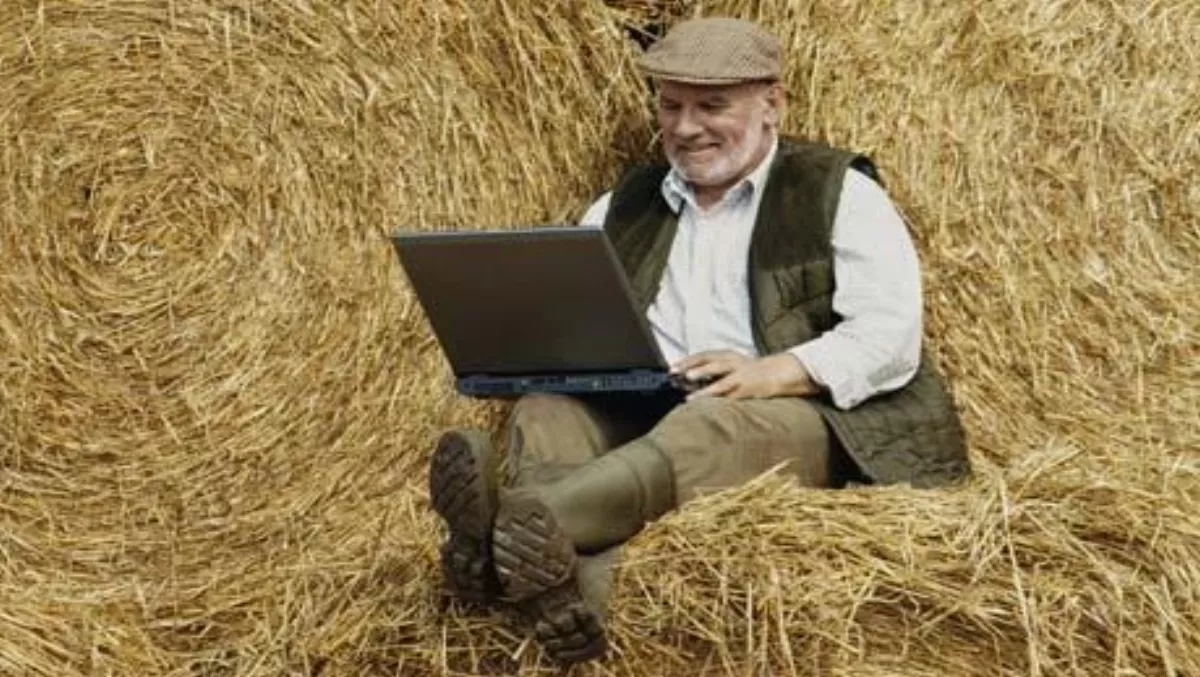
Slow, expensive RBI
Communications Minister Steven Joyce has announced two new tenders as the Government completes a $15 million mop-up of the Rural Broadband Initiative (RBI).The aim of the $300 million RBI project is to have rural communities hooked up to fast internet services in tandem with plans to get urban centres connected via the Ultra Fast Broadband (UFB) initiative.Telecom and Vodafone picked up contracts for the bulk of the RBI build back in April. However, that deal still left some of our more isolated residents out of the broadband loop.One of the tenders provides for a Government subsidy of up to $13 million to roll out fibre connections to schools, healthcare centres and libraries in small communities not covered by the earlier Telecom/Vodafone contract.The second tender provides for up to $2 million to connect the country's 60 most remote schools, deemed to be beyond the reach of fibre.These far-flung schools at locations including the Chathams, Great Barrier and Stewart Islands will be getting slower connections than the rest of the country, delivered either by satellite or some form of terrestrial wireless solution.According to the tender document, the minimum acceptable standard will be throughput rates of 256Kbps for a satellite solution and 1Mbps for a terrestrial wireless solution. This is quite a drop from the 100Mbps connection speed the Government is promising the other 97.7% of schools.Clearly remote connectivity comes at a high price. According to the tender document there are 979 pupils enrolled at these 60 isolated schools. This means that, assuming the full $2 million subsidy is required, the Government will be spending a shade over $33,000 per school, or $2000 per student, to bring the benefits of improved connectivity to the rural education system.I say improved connectivity because, according to the tender document, the schools in question already have some form of satellite, terrestrial wireless or "low capacity ADSL" internet connection.Joyce is no doubt aware the $33,000-per-school figure may raise eyebrows, and his media release announcing the tenders seemed to pre-empt any controversy by suggesting it would be money well spent because the school connections could be leveraged to benefit entire remote communities."A key enhancement of the remote schools broadband policy is the desire to provide surrounding communities with better services," the release says."This could be achieved, for example, by providing a wireless broadband service from a hilltop near the school and potentially making the site available to provide improved mobile coverage."Whether this type of remote community enhancement actually happens or not remains to be seen, and at the end of the day it would be icing on the cake rather than justification for a $2 million spend-up on a vital educational resource.There's a fundamental principle that our kids are entitled to equal educational opportunities no matter where in the country they live. Internet connectivity is now a vital part of schooling. So if it costs $2000 a piece to get 1000 of our most remote young learners linked up, then so be it.In other telco-related news ... there must be an election coming up.Labour's ICT spokeswoman, Clare Curran, has been doing some serious mud-slinging over Communications Minister Steven Joyce's handling of the UFB tender, specifically the decision to award two-thirds of the work – a $929 million contract – to Telecom.Despite a drawn-out selection process involving lines and telco companies from up and down the country, Curran alleges there was always a 'pre-ordained plan' to hand the bulk of the UFB work to Telecom.Curran has lodged a complaint with Parliament's Speaker accusing Joyce of deliberately misleading her in 2009 by not disclosing the existence of a letter from Telecom CEO Paul Reynolds.In the letter, which was only released publicly by Joyce last month, Reynolds wrote that it was his understanding the government had a preference for Telecom to undergo structural separation.Joyce says Reynolds was wrong in his belief that that was the Government's position.Whether this particular spat results in embarrassment for Joyce remains to be seen. One thing's for certain: Curran will keep up her campaign against Telecom and the UFB contract process as the election draws nearer.

